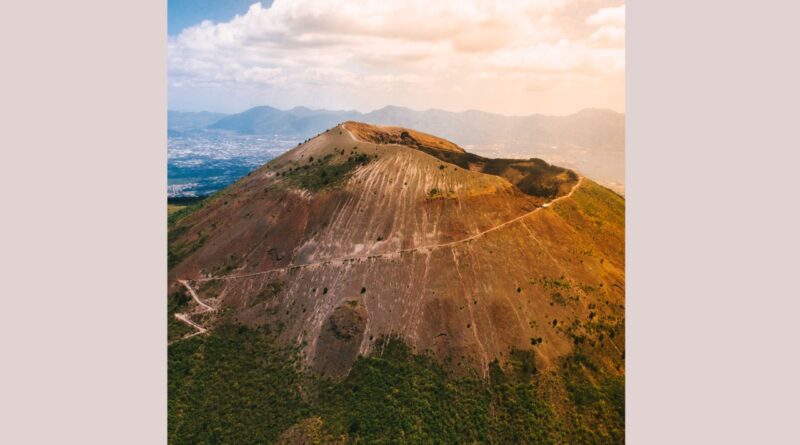Vesuvius Day 2023 (US): Date, History, Significance, Facts
Vesuvius Day is a commemoration of one of the most famous and destructive volcanic eruptions in history – the eruption of Mount Vesuvius in 79 AD. This event is observed primarily in the United States as a day to remember the cataclysmic eruption that buried the Roman cities of Pompeii and Herculaneum. On this day, people reflect on the significance of this volcanic disaster, its historical importance, and the lessons it imparts about the power of nature.
Date:
Vesuvius Day is observed annually on August 24th.
History:
The history of Vesuvius Day can be traced back to the catastrophic eruption of Mount Vesuvius in 79 AD. Mount Vesuvius is a stratovolcano located on the Gulf of Naples in Italy. The eruption that occurred in 79 AD was one of the most devastating volcanic events in history, and it is best known for its impact on the Roman cities of Pompeii and Herculaneum, which were completely buried by ash and pumice.
The eruption began on the morning of August 24, 79 AD. It is believed to have released a cloud of ash, pumice, and gases that reached a height of about 20 miles (32 kilometers) into the atmosphere. This eruption lasted for approximately 18 hours and had a profound impact on the surrounding region. The cities of Pompeii and Herculaneum were quickly engulfed by volcanic material, and thousands of people were killed.
The rediscovery of Pompeii and Herculaneum in the 18th century brought renewed attention to the eruption and its devastating consequences. Vesuvius Day serves as a day to remember this significant historical event and to honor the memory of those who perished in the eruption.
Significance:
- Historical Importance: Vesuvius Day holds historical significance as it marks the anniversary of a major natural disaster that had a profound impact on the Roman Empire. The preservation of Pompeii and Herculaneum under layers of ash and pumice has provided invaluable insights into ancient Roman life.
- Educational Value: This day is an opportunity for people to learn about the science of volcanoes, volcanic eruptions, and the importance of disaster preparedness. The study of the Vesuvius eruption has contributed significantly to our understanding of volcanic phenomena.
- Cultural and Artistic Inspiration: The tragic story of Pompeii and Herculaneum has inspired numerous works of art, literature, and films. Vesuvius Day encourages people to explore these cultural expressions and appreciate the enduring impact of this event on art and storytelling.
Facts about Mount Vesuvius and the 79 AD Eruption:
- Mount Vesuvius is one of the most dangerous volcanoes in the world due to its proximity to densely populated areas, including the city of Naples.
- The eruption of 79 AD is often described as a Plinian eruption, characterized by a towering column of ash and pumice.
- Pompeii and Herculaneum were buried under up to 20 feet (6 meters) of volcanic material, preserving them remarkably well until their rediscovery.
- The eruption of Vesuvius in 79 AD is not the only significant eruption in the volcano’s history. It has erupted numerous times since, with the most recent major eruption occurring in 1944 during World War II.
Vesuvius Day 2023 in the United States is a day to remember the devastating eruption of Mount Vesuvius in 79 AD. It allows us to reflect on the historical importance of this event, the lessons it teaches about the power of nature, and the value of preserving and learning from our past. As we commemorate this day, we are reminded of the significance of understanding and respecting the forces of nature that shape our world.

